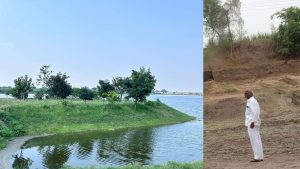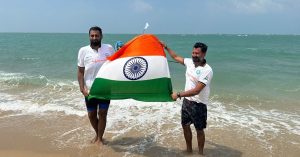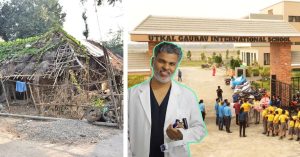27-YO From France is Bali’s Full-Time ‘River Man’, Cleans 2 Tonnes Plastic Waste Daily
Gary Bencheghib and his organisation Sungai Watch on average clean up close to 2 tonnes of plastic waste each day from the rivers and beaches of Indonesia. He is among the four Ramon Magsaysay awardees of 2022.
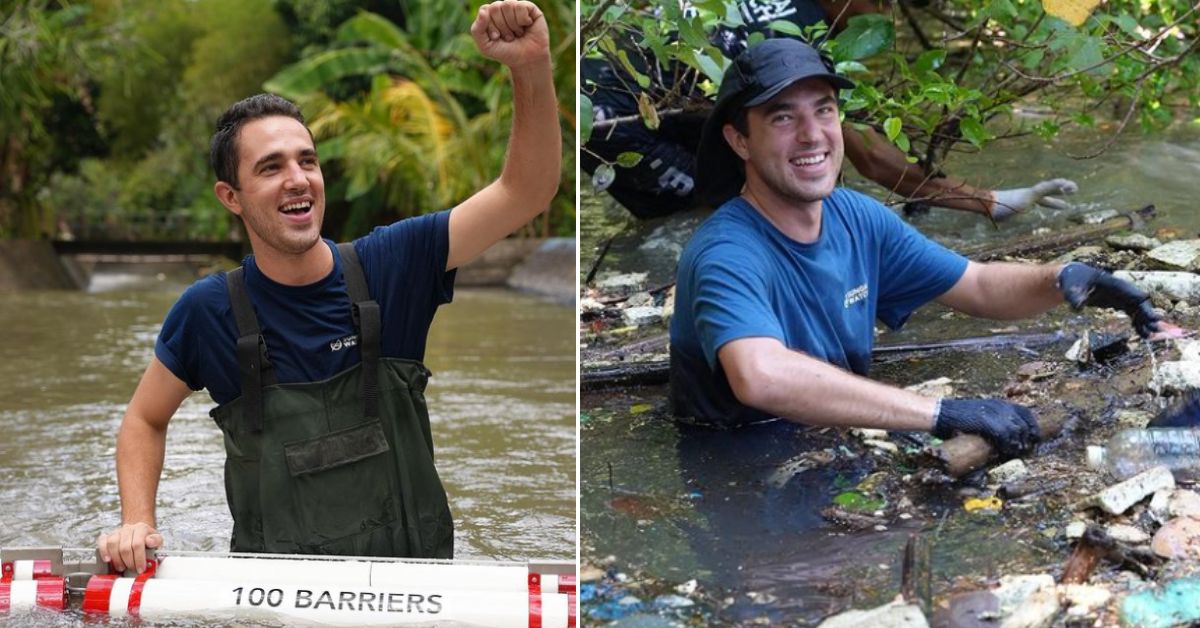
Gary Bencheghib, among the four Ramon Magsaysay awardees of 2022, proves that no age is too young to start working on what you truly care about.
He was only 14 when he, alongside siblings Kelly and Sam, conducted his first-ever beach cleanup.
“I found myself deeply impacted by the changes I saw around me, and always wanted to be part of a solution,” he recalls in conversation with The Better India.
Today, the 27-year-old is known for his exceptional work in tackling marine plastic pollution, which the United Nations deems a “slow moving catastrophe”.
His organisation Sungai Watch, established in October 2020, on average cleans up close to 2 tonnes of plastic waste each day from the rivers of Indonesia.
The Ramon Magsaysay Award is the first global recognition that the organisation will receive.
100 Barriers protecting the island of gods ??. pic.twitter.com/otSkU41EhV— Gary Bencheghib (@GaryBencheghib) August 20, 2021
Born in France, Gary and his family moved to Bali in Indonesia when he was nine years old. He describes himself as a “full-time river man”.
‘I thought it was a battle I could win’
It was rather early on that Gary discovered his love for nature and adventure.
Being in Bali, he says, provided a perfect backdrop to nurture this interest. Here, he was able to witness first-hand the changes that urbanisation and development for tourists brought to the province. He says his interest in the environment conservation stemmed from the deep love he felt towards the land he had grown up in.
“Indonesia is the largest contributor of marine plastic pollution in the world after China, accounting for more than 6,00,000 tonnes of plastic dumped into the world’s oceans every year,” he notes.
Here some pictures from our clean up in belalang,kec kediri,kpt tabanan it was a great opportunity to get a lot of people involved and see what damage illegal landfill are doing to rivers and so to our oceans. Please help us ! #jagasungaikita #sungaiwatch #belalang #tabanan pic.twitter.com/MGlXP46fe7— Sungai watch (@Sungaiwatch) February 22, 2021
“My early recollection of Bali includes the pristine white sand beaches with such green coconut trees. It was the most paradisiacal location I had ever been to. But over the years — with over-development, overpopulation and the influx of tourists — Bali has rapidly changed.”
“Just before COVID in 2020, we had close to seven million tourists. This meant that the number of plastic waste significantly rose. We found plastics everywhere — from river beds to beaches and even the rice fields,” adds Gary.
After his first cleanup at the age of 14, Gary was slowly and steadily joined by many volunteers who began helping him in his endeavour every week. This later turned into an organisation named Make a Change World, which has gone on to produce inspiring and educational multimedia content on plastic pollution and environment conservation.
“I felt like I could conquer the plastic menace, like it was a battle I could win,” Gary says.
Using the camera as a tool for change
Gary spent one year in 2013 studying filmmaking in New York. “One of the first projects that I went on was in the Mississippi River. It turned out to be a two-month journey that we spent floating on 800 plastic bottles. We did this on a boat designed by two engineers who were accompanying us on the trip.”
This was the beginning of many river expeditions that he would embark on.
In 2017, Gary and his team kayaked and filmed an expedition on the Citarum River in West Java, dramatising the state of what was called the world’s most polluted river.
The documentary, a series of nine videos, generated wide public interest and triggered a response from President Joko Widodo himself, as the Indonesian government embarked on a seven-year Citarum River rehabilitation programme.
These expeditions led to establishing Sungai Watch in October 2020. “Sungai in the local [Indonesian] language means river,” he says.
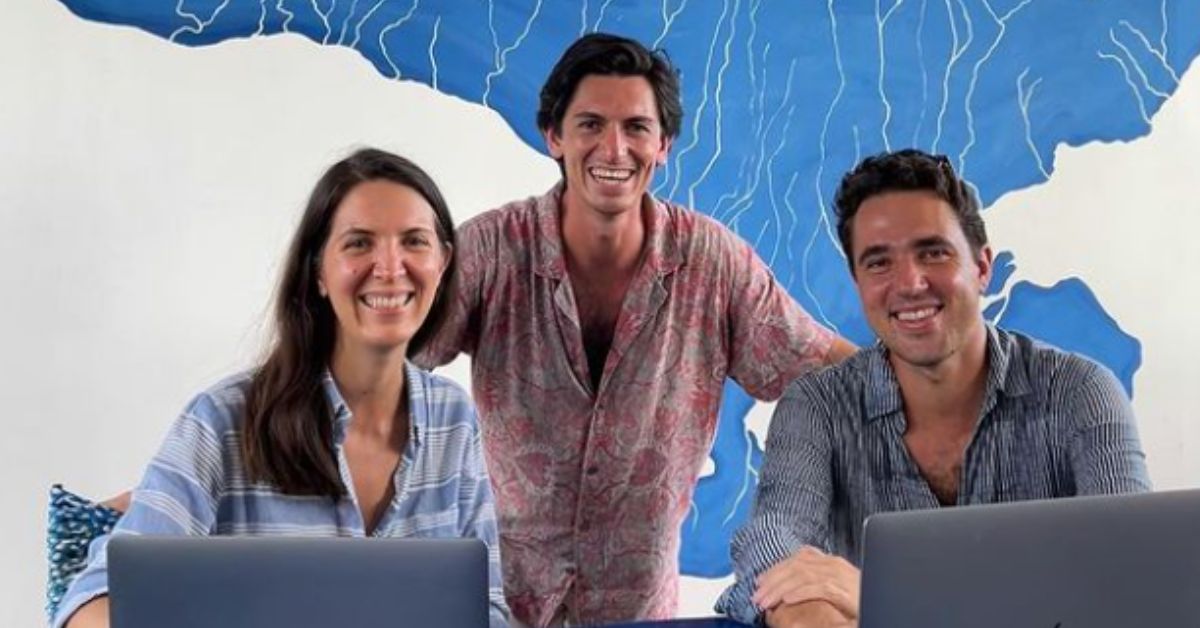
Under this project, multiple types of locally fabricated and moveable trash barriers are chosen and deployed according to the river’s characteristics and location. The trash is collected daily and sorted by staff and local volunteers, and audited in a process wherein each piece of plastic is identified according to type, brand, and producer (using methods like scanning barcodes).
Gary explains that the work is “an all-around, data-driven effort that involves community — level education and participation, partnerships with other environmental organisations, and community and corporate sponsorships of individual trash barriers and other activities”.
On an average, Sungai Watch collects two tonnes of plastic trash every single day and to date has set up 150 trash barriers in Bali, as well as 20 trash barriers in Java. The organisation’s next goal is to install a thousand trash barriers across Indonesia’s most polluted rivers.
“While cleaning up is the first step, we also are now working on finding ways to process all the waste that we’ve been collecting. That is an equally important step in this entire cycle,” he adds.
Keeping it simple
A big believer of traditional practices and methods, Gary says that we often tend to overthink and over analyse.
“There is a lot of wisdom in the local practices that have been followed since time immemorial. Much of what we do is borrowed from that wisdom and seeing the fishes thrive and the mangroves do so well is a great validation to us,” he says.
“The plastic pandemic is something that we have created,” he says, adding that going back to the ways our ancestors lived perhaps holds the key to many new age problems the world faces.
In jest, Gary recalls his mother prodding him to study, saying that if he did not, he might have to resort to being a waste picker.
“I studied well, but a decade later I chose to be a sort of a waste picker. And not just me, both my siblings are also involved with the work we do at the organisation. So, in a way we became the waste picker family,” he quips. He also adds that both his parents have supported their children throughout.
“The problem of plastic pollution is a huge one but if we have that dream, that conviction, and that passion, then things can happen,” he says.
For those looking to embark upon initiatives related to environment conservation, Gary shares some advice.
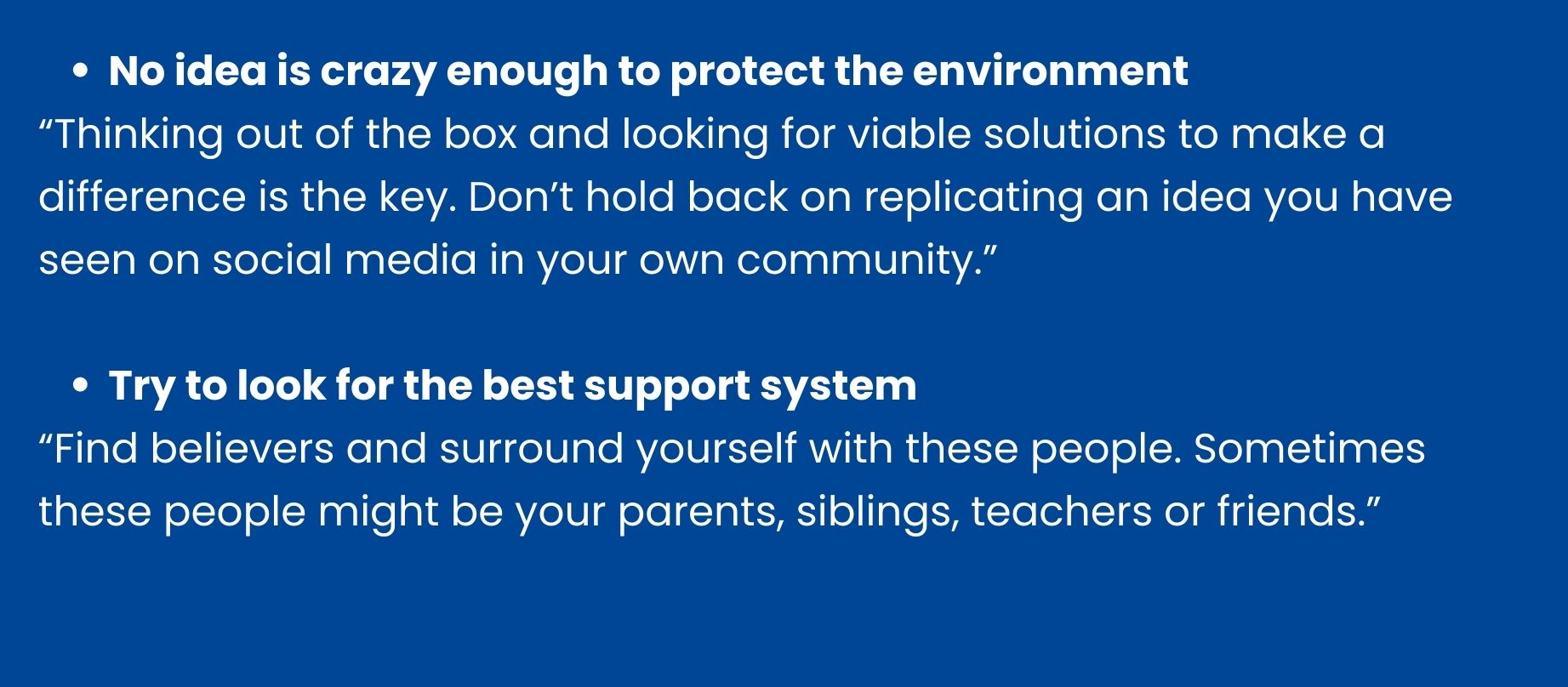
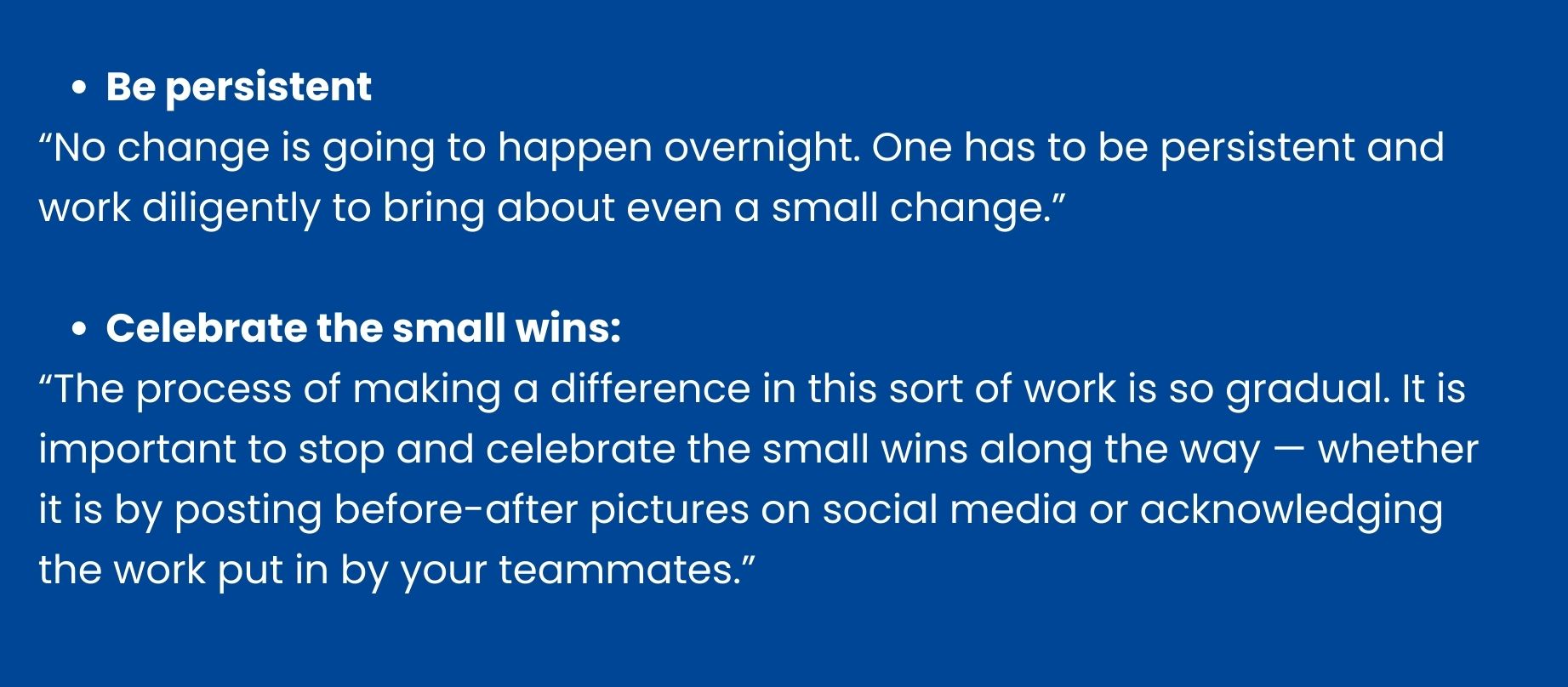
Gary also highly recommends reading Shoe Dog: A Memoir by the Creator of Nike by Phil Knight. The book charts the history of the company and Knight’s own journey from starting a venture right after college and turning it into one of the most successful and profitable companies of the 21st century.
The Ramon Magsaysay Award Foundation (RMAF) is an international, wholly independent non-profit organisation based in Manila, Philippines. RMAF manages the Ramon Magsaysay Award, Asia’s premier prize and highest honour. Follow them on Facebook and LinkedIn.
Edited by Divya Sethu
If you found our stories insightful, informative, or even just enjoyable, we invite you to consider making a voluntary payment to support the work we do at The Better India. Your contribution helps us continue producing quality content that educates, inspires, and drives positive change.
Choose one of the payment options below for your contribution-
By paying for the stories you value, you directly contribute to sustaining our efforts focused on making a difference in the world. Together, let's ensure that impactful stories continue to be told and shared, enriching lives and communities alike.
Thank you for your support. Here are some frequently asked questions you might find helpful to know why you are contributing?


This story made me
-
97
-
121
-
89
-
167




